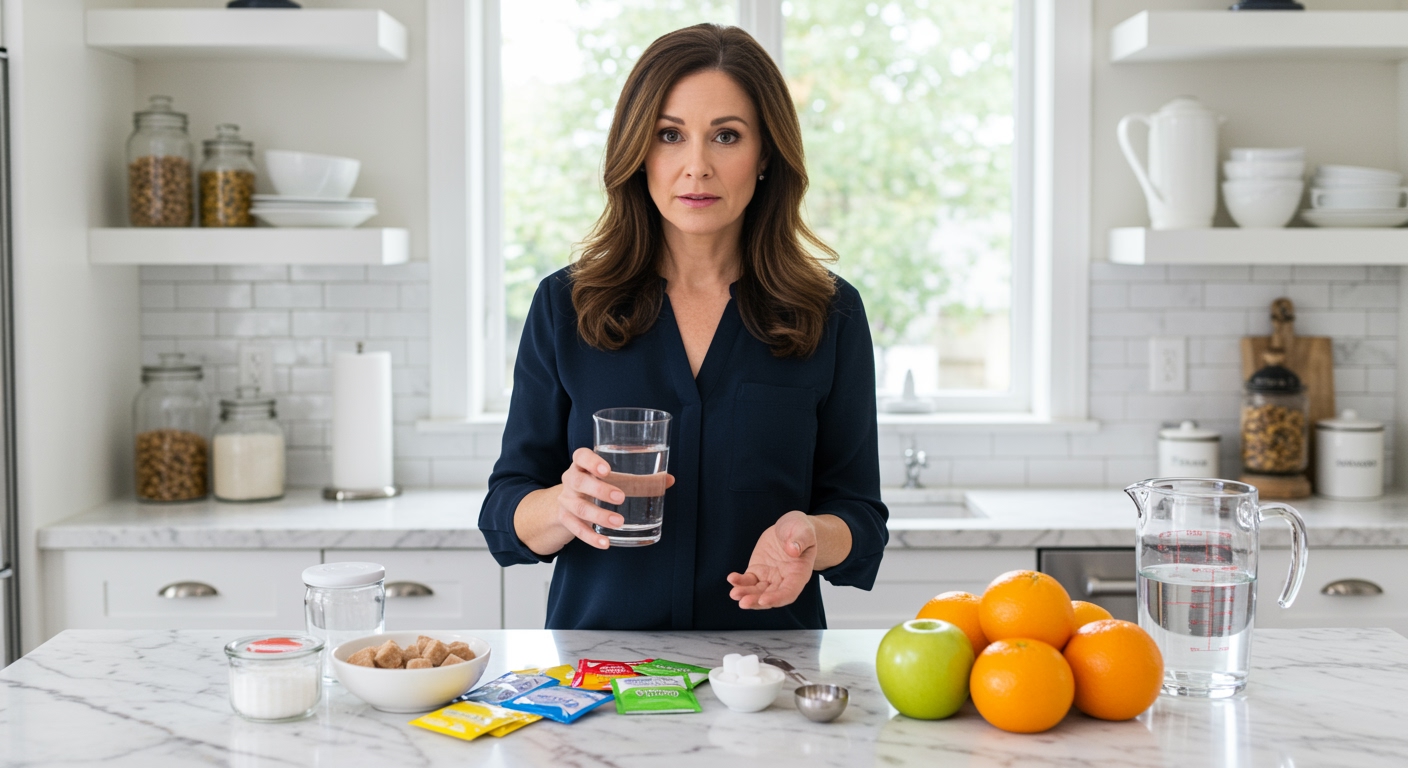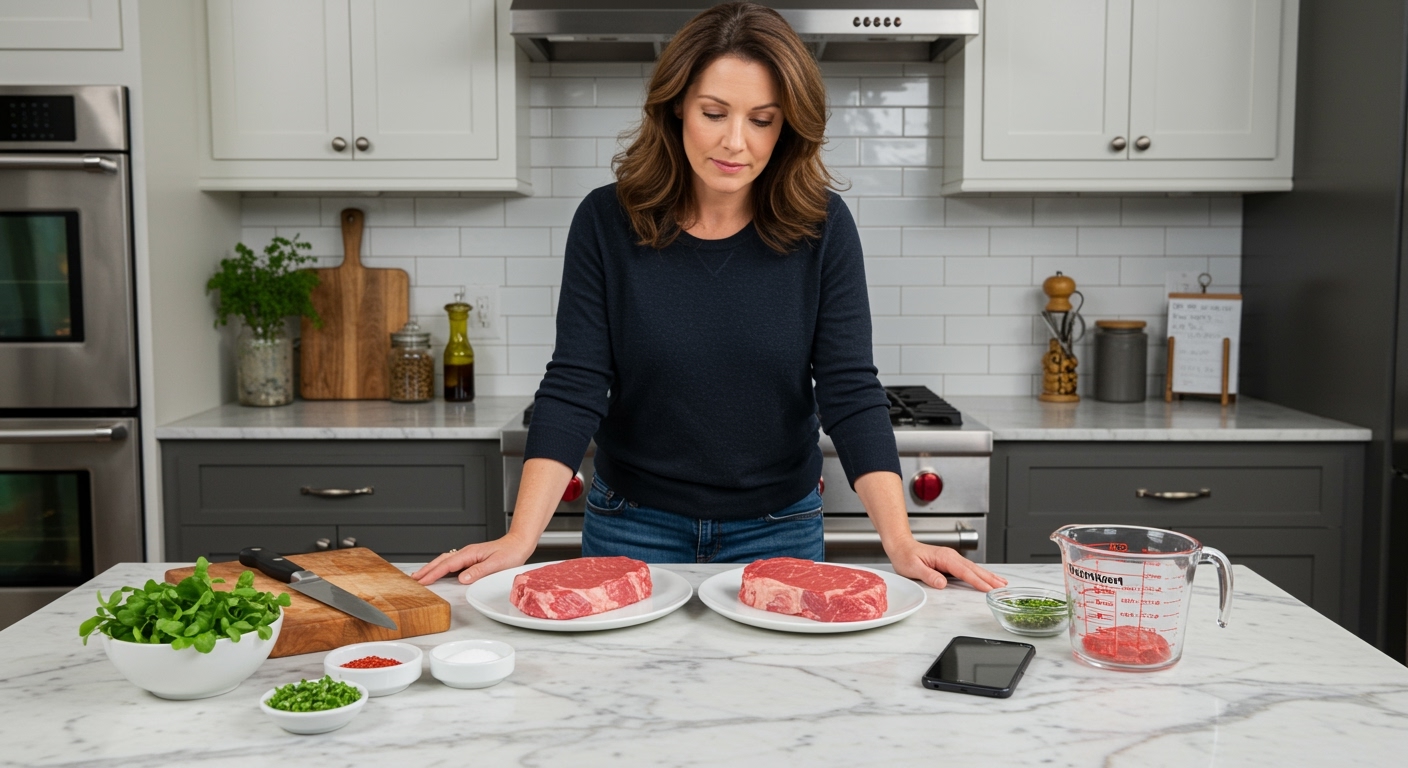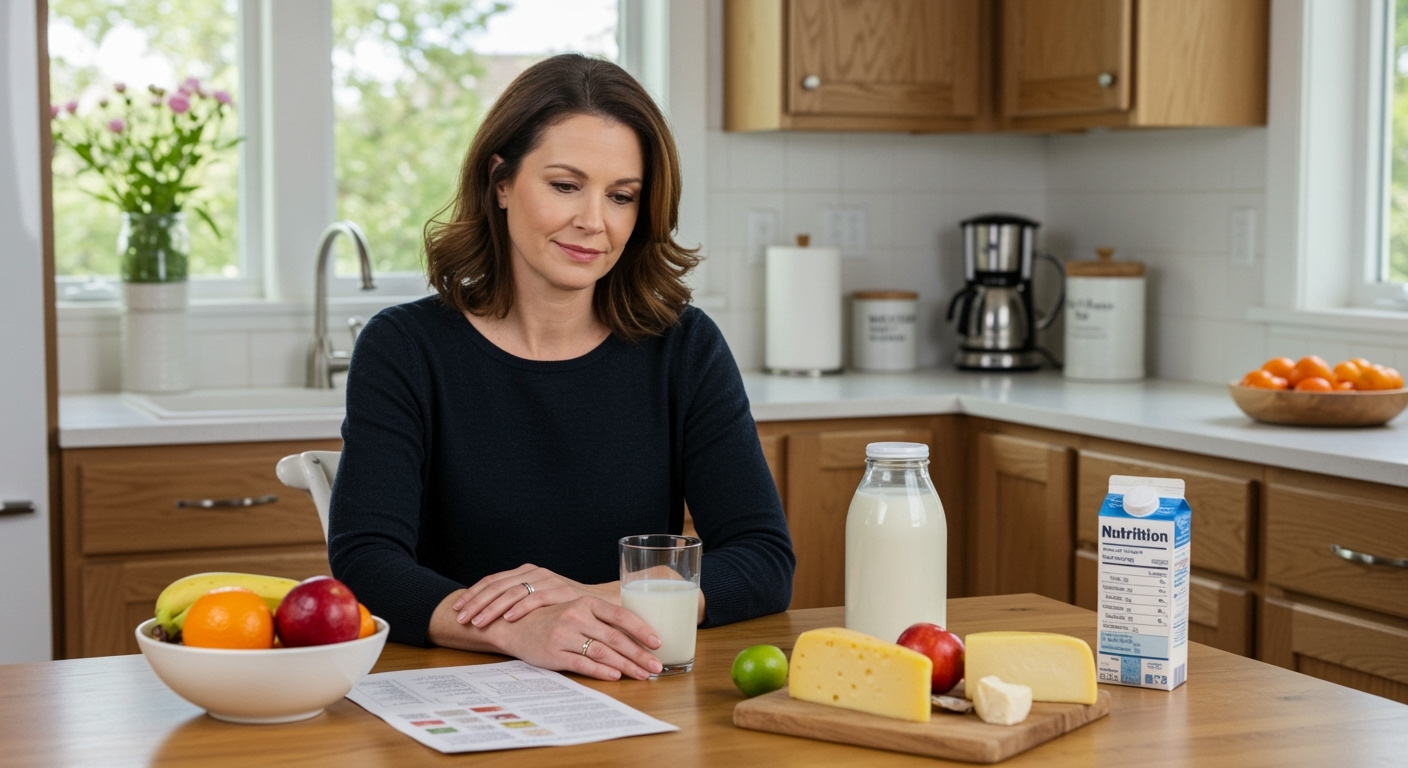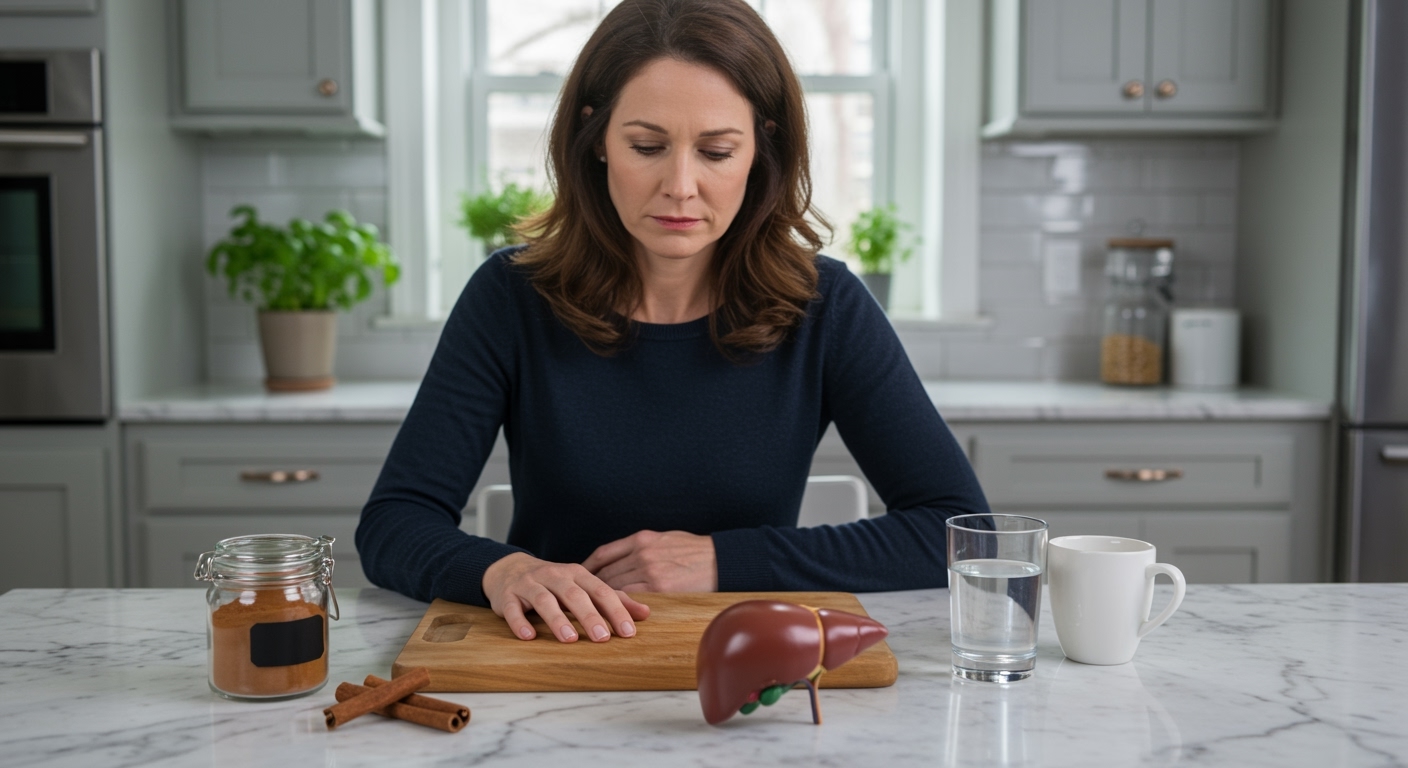✪ Key Takeaway: Artificial sweeteners disrupt hunger hormones and increase sugar cravings more than regular sugar does.
Introduction
You switched to artificial sweeteners thinking you were making a smart choice for your health.
But what if I told you that these sugar substitutes are actually making you hungrier and causing more intense sugar cravings than regular sugar ever did?
Hi, I’m Abdur, your nutrition coach and today I’m going to explain how artificial sweeteners hijack your hunger hormones and why they trigger more cravings than the sugar you tried to replace.
How Do Artificial Sweeteners Confuse Your Brain?
Your brain has a sophisticated system for detecting sweetness and managing hunger.
When you taste something sweet, your brain expects calories to follow.
Artificial sweeteners deliver the sweet taste but provide zero calories.
This creates a mismatch that confuses your brain’s reward system.
Recent research shows that this confusion triggers increased activity in brain regions associated with hunger and food seeking behavior.
Your brain essentially thinks it has been tricked and responds by increasing your appetite for sweet foods.
✪ Fact: Studies show artificial sweeteners activate hunger centers in the brain within 30 minutes of consumption.
What Happens To Your Hunger Hormones?
Artificial sweeteners disrupt two key hunger hormones in your body.
First, they interfere with ghrelin, the hormone that signals hunger to your brain.
When you consume artificial sweeteners, ghrelin levels remain elevated longer than they should.
Second, they affect leptin, the hormone that tells your brain when you are full.
Artificial sweeteners can reduce leptin sensitivity, making it harder for your brain to recognize when you have had enough food.
This hormonal disruption creates a perfect storm for increased appetite and overeating.
Regular sugar, while not perfect, does not cause this same level of hormonal confusion because it provides the calories your brain expects.
✪ Pro Tip: Monitor your hunger levels for 2-3 hours after consuming artificial sweeteners to notice the pattern.
Why Do You Crave More Sweets After Diet Drinks?
Diet drinks and artificially sweetened foods create a craving cycle that is hard to break.
When you drink a diet soda, your taste buds detect intense sweetness.
Your brain releases dopamine in anticipation of the energy boost that should come from sugar.
But since no calories arrive, your brain feels unsatisfied and continues seeking that reward.
This incomplete reward cycle drives you to seek more sweet foods throughout the day.
Studies show people who consume artificial sweeteners regularly eat more desserts and sweet snacks compared to those who avoid them entirely.
The artificial sweeteners essentially train your brain to expect more sweetness, creating stronger cravings over time.
✪ Note: The sweetness intensity of artificial sweeteners is 200-600 times stronger than regular sugar.
Which Artificial Sweeteners Are The Worst Offenders?
Not all artificial sweeteners affect your hunger hormones equally.
Aspartame and sucralose show the strongest association with increased appetite and cravings.
These sweeteners are found in most diet sodas, sugar-free gum, and low-calorie desserts.
Acesulfame potassium also triggers significant hunger responses in many people.
Stevia and monk fruit, while technically natural sweeteners, can still cause mild disruptions to your satiety signals.
The key difference is that natural sweeteners tend to cause less dramatic spikes in hunger compared to synthetic options.
However, even natural zero-calorie sweeteners can maintain your preference for intensely sweet foods.
✪ Fact: Aspartame consumption increases food intake by an average of 200 calories per day in regular users.
What Should You Do Instead?
The solution is not to go back to consuming large amounts of regular sugar.
Instead, focus on gradually reducing your overall preference for sweet tastes.
Start by cutting artificial sweeteners completely for two weeks and notice how your cravings change.
When you need sweetness, use small amounts of natural options like raw honey, pure maple syrup, or dates.
These provide actual nutrients along with sweetness and do not confuse your hunger hormones.
Focus on eating more naturally sweet foods like fruits, which come with fiber and nutrients that help regulate your blood sugar.
Over time, your taste buds will adapt and you will find that you need less sweetness to feel satisfied.
✪ Pro Tip: Replace one artificially sweetened item per week to make the transition easier on your taste buds.
The Bottom Line
Artificial sweeteners are not the magic solution they were marketed to be and actually make hunger management more difficult than regular sugar.
The best sweetener is the one you use least often because it allows your natural taste preferences to guide your food choices.
I would love to hear about your experiences with artificial sweeteners and any questions you have about managing sugar cravings in the comments below.
References
At NutritionCrown, we use quality and credible sources to ensure our content is accurate and trustworthy. Below are the sources referenced in creating this article:
- PMC: Gain weight by going diet? Artificial sweeteners and the neurobiology of sugar cravings
- Technology Networks: Are Artificial Sweeteners Fueling Hunger Instead of Fighting It?
- DZD: Artificial sweeteners stimulate hunger signals in the brain
- PMC: Effects of Artificial Sweeteners on Glucose Metabolism and Appetite





